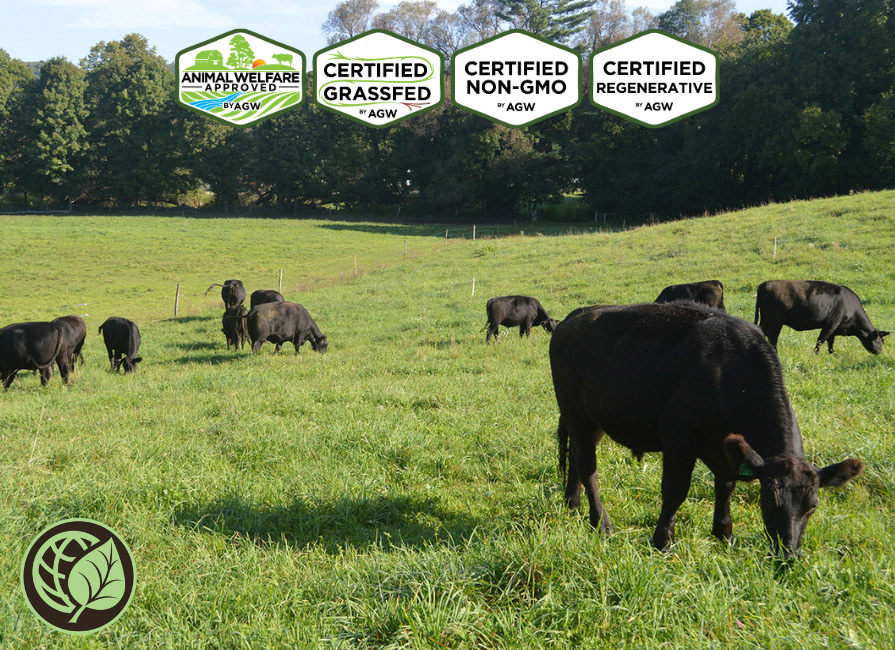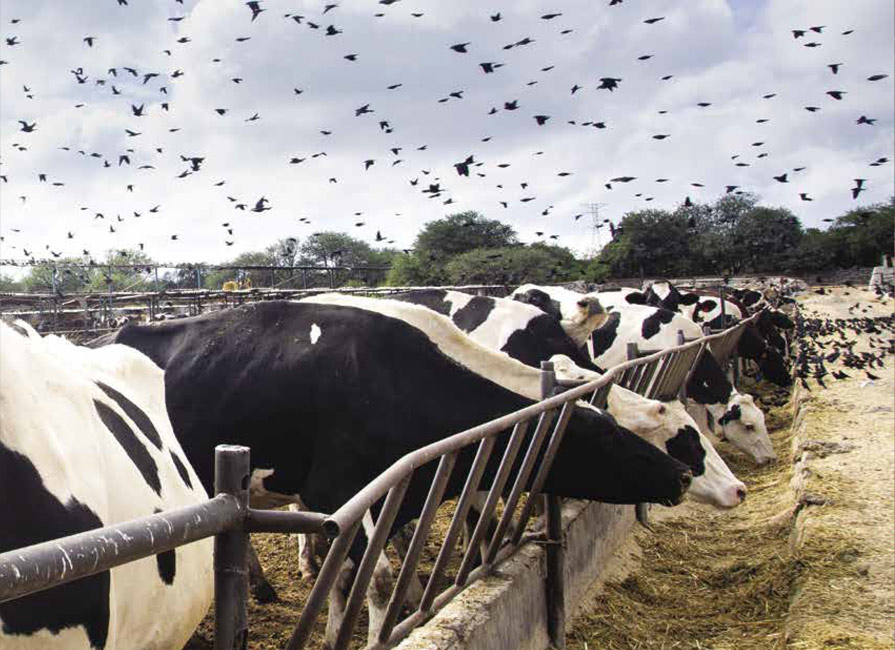One of the key attractions of our Certified Regenerative by AGW program is its practical…
Food Safety Begins at the Farm
 This week the USDA and the Department of Health and Human Services launched a new Web site, foodsafety.gov. The site’s purpose is to help consumers find consolidated up to date information on food safety and food recalls.
This week the USDA and the Department of Health and Human Services launched a new Web site, foodsafety.gov. The site’s purpose is to help consumers find consolidated up to date information on food safety and food recalls.
The new site features information from all the agencies across the federal government that deal with critical food and food safety information, including preventive tips about how to handle food safely, alerts on life-saving food recalls, and the latest news from the key agencies.
————————————————————————
We at Animal Welfare Approved applaud the USDA and HHS for creating this new important and useful website, but want to remind our readers that food safety begins at the farm and is directly related to the farming system utilized.
To put food safety into context:
Between January 1, 1994 and November 31, 2007, over 800 separate meat product recalls took place across the United States – equivalent to over 300 million pounds of meat and poultry products. Nearly all of the recalls were the result of the potential contamination of factory-farmed meats with two types of food-poisoning bacteria: Listeria and E. coli.
Today, over 80% of meat produced in the United States now comes from mass production units called ‘feedlots’. Here, literally thousands of livestock are brought together for finishing. They are fed a specialized diet based on mainly corn and soy to maximize their growth-rate at the lowest costs possible, before they are slaughtered and sent to centralized meat processing factories for distribution across the country.
But scientists are increasingly concerned about the human health risks associated with the grain-based diets of intensively produced meats. Researchers have found that the specialized cereal-based diets fed to cattle in the feedlots to maximize growth rates can also create conditions inside the animal’s gut which favor the development of food-poisoning bacteria, such as E. coli and Salmonella. During the slaughter process these bacteria can escape from the animals gut in the manure and contaminate the meat before it is processed and packaged, leading to outbreaks of food poisoning – and the product recalls we know only too well.
Yet a safer, welfare-friendly alternative to feedlot beef already exists. Scientists have show that meat from grassfed cattle – such as those raised by Animal Welfare Approved farmers – is less likely to harbor dangerous food-poisoning bacteria, such as E. coli, Salmonella, Campylobacter and Listeria.


